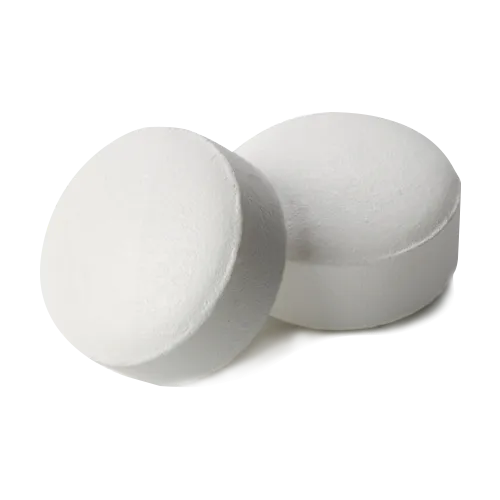Overview
Doxazosin, sold under brand names like Cardura, is an alpha-adrenergic blocker prescribed for high blood pressure (hypertension) and benign prostatic hyperplasia (BPH) symptoms. It relaxes blood vessels for smoother blood flow and eases prostate and bladder muscles for better urination. Available as tablets, it is generally taken once daily, morning or evening.
History of Development and Approval
Created by Pfizer, doxazosin gained FDA approval in 1990. It has since established itself as a reliable treatment for hypertension and BPH, backed by comprehensive trials and practical application.
Key Benefits
- Blood Pressure Regulation: Lowers elevated pressure, decreasing risks of strokes, heart attacks, and renal issues.
- BPH Symptom Management: Enhances urine flow and alleviates issues like urination difficulties and nocturnal frequency.
- Daily Convenience: Simple once-a-day regimen boosts adherence.
Unique Properties
Doxazosin uniquely addresses both hypertension and BPH, benefiting patients with co-occurring conditions. It blocks alpha-1 receptors in vessels and prostate, promoting dilation and relaxation.
Comparison with Similar Medications
Versus other alpha-blockers, doxazosin provides:
- Dual Functionality: Treats hypertension and BPH simultaneously.
- Extended Action: Supports daily dosing for ease.
- Better Tolerance: Often fewer side effects than class counterparts.
Safety and Tolerability
Doxazosin is usually safe as prescribed. Typical effects include lightheadedness, tiredness, headaches, and digestive unease. Rare severe issues may involve extreme low pressure or syncope, especially initially or upon dose hikes. Initial treatment monitoring by a provider is suggested.
Indications for Use
Doxazosin is used for:
- Hypertension: Reduces pressure to avert heart events.
- Benign Prostatic Hyperplasia (BPH): Eases enlarged prostate urinary symptoms.
Dosage and Administration
Adults: Begin at 1 mg daily for hypertension/BPH, adjustable per response; maintenance often 4 mg.
Children: Not typically advised; safety/efficacy unestablished.
Elderly: Start low, increase cautiously to avoid dizziness/low pressure.
Timing: Daily at consistent time, with/without food.
Frequency: Once daily for stable levels.
Food Impact: Negligible; flexible intake.
Mechanism of Action
Doxazosin inhibits alpha-1 receptors in vascular/prostate smooth muscle, causing vessel widening (lowering pressure) and prostate relaxation (improving flow).
Composition
Active Ingredient: Doxazosin mesylate, responsible for therapeutic actions.
Inactive Ingredients: Microcrystalline cellulose, lactose, magnesium stearate for tablet form.
Side Effects
Common: Dizziness, fatigue, headache, nausea.
Rare: Palpitations, edema, nasal congestion.
Serious: Severe hypotension, syncope, priapism require immediate care.
Prevention of Side Effects
Start low doses at bedtime to lessen dizziness. Stay hydrated, rise slowly from sitting/lying. Report persistent effects.
Contraindications
Avoid in hypersensitivity or concurrent alpha-blocker use increasing low pressure risks.
Warnings and Precautions
Monitor pressure, especially initially. Caution in liver impairment, heart failure, or cataract surgery risks.
Drug Interactions
May interact with antihypertensives amplifying low pressure; PDE5 inhibitors heighten risks. Disclose all medications.
Overdose
Symptoms: extreme dizziness, fainting, irregular pulse. Seek urgent medical aid.
Pharmacokinetics
Absorption: Well-absorbed, peak 2–3 hours.
Distribution: Protein-bound, widespread.
Metabolism: Liver to inactive forms.
Elimination: Urine; half-life ~22 hours.
Dosage Forms
Tablets: 1 mg, 2 mg, 4 mg, 8 mg. Convenient for accurate dosing.
Pregnancy and Breastfeeding
Use if benefits exceed risks; animal studies show harm. Excreted in milk; consult provider.
Storage
Store at 20°C–25°C (68°F–77°F), tightly closed, away from children. Check expiration; dispose properly.
Clinical Evidence
Trials verify doxazosin's efficacy in pressure reduction and BPH relief versus placebo.
Conclusion
Doxazosin effectively treats hypertension/BPH via alpha-1 blockade. Well-tolerated with documented safety. Follow guidance, monitor, healthy lifestyle for optimal results.




